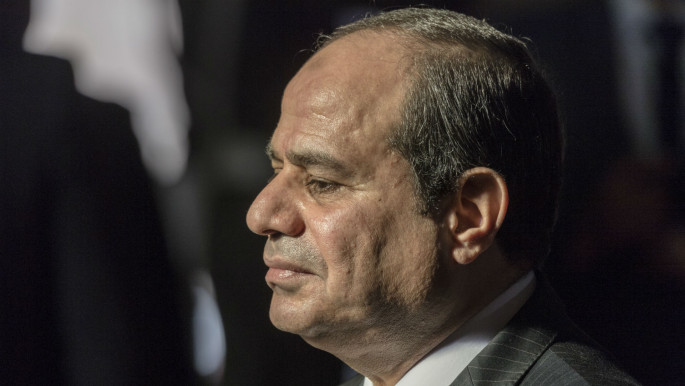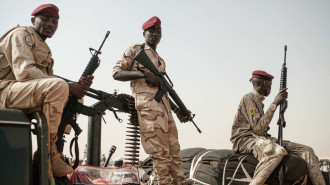Church bombing inflames already strained Egypt-Qatar relations
Doha's Ministry of Foreign Affairs lashed out on Wednesday at claims from Egypt that the tiny Gulf state harboured the "mastermind" of the attack on the Saint Peter and Saint Paul Church.
Ministry spokesman Ahmed al-Rumaihi said such statements to "sully the name of Qatar" were an attempt to "cover up any failures of the relevant Egyptian authorities" and would inflame tensions.
He added that Qatar condemned all " acts of terrorism".
Egyptian-Qatari relations sharply declined after the 2013 military overthrow of the Muslim Brotherhood of which former President Mohammad Morsi was a senior official. Egypt has long accused Qatari-based broadcaster Al Jazeera of being sympathetic to the Islamist movement.
Since the deadly bomb attack, Egyptian President Abdel Fattah al-Sisi has attempted shift the blame away from local security services.
"Don't you dare say this was a security flaw; what happened was an act of desperation," Sisi said the day after the attack, according to state media.
"They [evil forces] have been trying to shake us for three years; they [try to ruin the] economy but nothing, terrorism and nothing…75 attacks on churches but still nothing."
 |
|
| Sisi has attempted shift the blame away from local security services [Getty] |
The Egyptian government then accused fugitive Muslim Brotherhood leaders who fled to Qatar of training and financing those responsible for the attack.
The blacklisted Islamist movement has strongly condemned the bombing in an online statement, saying: "shedding the blood of all Egyptians is prohibited; Christian and Muslim."
The Islamic State group [IS] claimed responsibility for the suicide bombing on Sunday, vowing "to continue war against apostates".
IS said the culprit of the attack went by the nom de guerre Abu Abdullah al-Masry. Sisi has named the bomber as 22-year-old Mahmoud Shafik.
Shafik had been arrested and beaten by police two years ago after allegedly taking part in an Islamist demonstration.
Mahmoud Hassan, one of Shafik's lawyers, said his client, who was 16 at the time of his arrest, was tortured until he confessed to the possession of weapons and explosions.
He also faced charges of membership in an "illegal organisation," Egyptian parlance for the outlawed Muslim Brotherhood.
The latest flare-up in Egyptian-Qatari tensions comes weeks after Al Jazeera aired a controversial documentary about Egyptian military conscripts that provoked anger.
The film Conscripts featured several people give their testimonies of their time as conscripts in the army, claiming ill-treatment and abuse by army officers.







 Follow the Middle East's top stories in English at The New Arab on Google News
Follow the Middle East's top stories in English at The New Arab on Google News
![Lebanon after strikes [Getty]](/sites/default/files/styles/image_330x185/public/2184409977.jpeg?h=a5f2f23a&itok=7wpfQMyI)
![G20 Brazil [Getty]](/sites/default/files/styles/image_330x185/public/2184389194.jpeg?h=a5f2f23a&itok=t1DchCMY)
